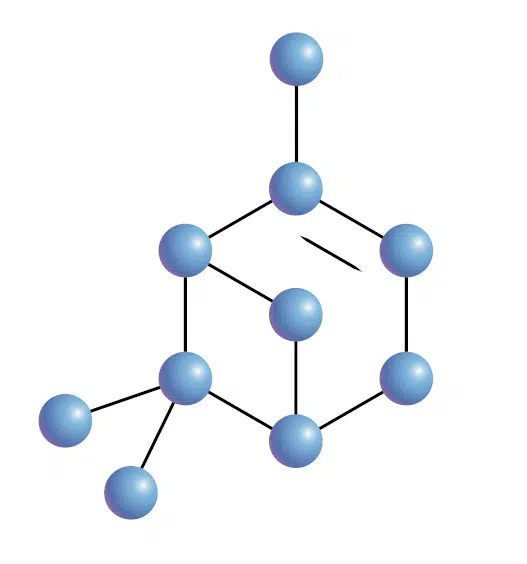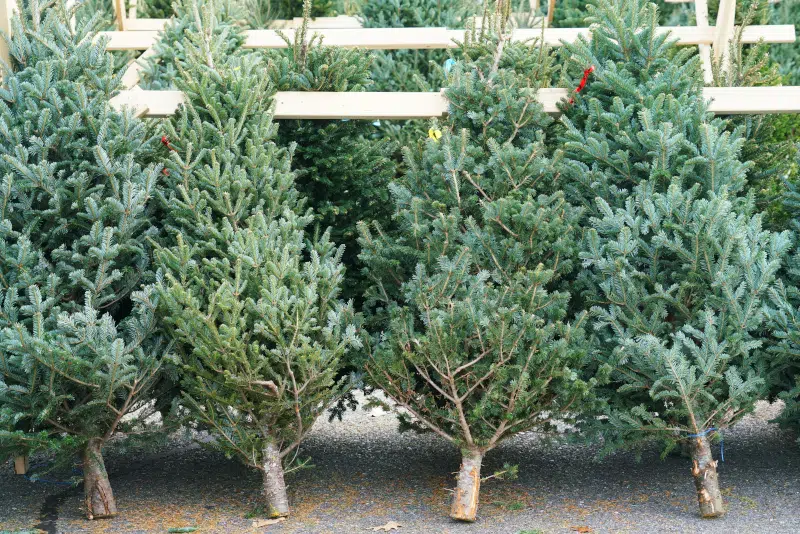
The Christmas tree is the star of the house. It decorates, it lights up, it is warm, it welcomes gifts to its feet, and it smells good!
This peculiar smell is synonymous with celebration and it creates memories. But if you pay attention, you will observe from your nurseryman that some fir trees are odorless. And we will understand why.
Why do some Christmas trees smell and others not?

The tree reminds us of the holidays thanks to its particular smell. Its smell is created by three substances mainly.
These are α-pinene, β-pinene and bornyl acetate.
Molecules with complicated names escaping from the thorns of the tree to penetrate our nostrils.

α-pinene and β-pinene
Both α-pinene and β-pinene are identical molecules. One is the image of the other in a mirror.
Chemists call these enantiomers.
These molecules are part of the family of terpenes. A family of very fragrant molecules that we find in different tree species.

The α-pinene brings a fragrance close to turpentine, an essential oil obtained from resinous trees. The β-pinene, it brings a fresh and woody note. These molecules easily escape from the needles of the tree to fill the air. In chemistry, they are said to be “volatile substances”.
But beware, these two molecules are highly flammable. That’s why fir trees catch fire so quickly.

Bornyl acetate
Bornyl acetate is sometimes called “heart of pine” because it has a rich, slightly camphoric odor. It is a molecule that is easily found in firs and pines.


What makes a tree smell, or not?
Having a natural tree does not guarantee you will have a sweet scent in the house. To understand why some Christmas trees smell good and others don’t, you must understand that the scent depends on two factors, essentially.
1. The hydration rate of the fir

A freshly cut fir will smell stronger than a fir that has been cut several weeks ago. Yes, the freshly cut fir is more hydrated, and therefore its sap circulates better, taking with it the odorous molecules. Diffusion in the air will be easier in a house where the temperature is around 68 °F than outside, where the temperatures are close to zero.
2. Choose the right species
Some essences retain their scent long after being cut, while for others the scent quickly fades.
This is why the spruce smells stronger than the Nordmann. But the Nordmann does not lose its needles.

